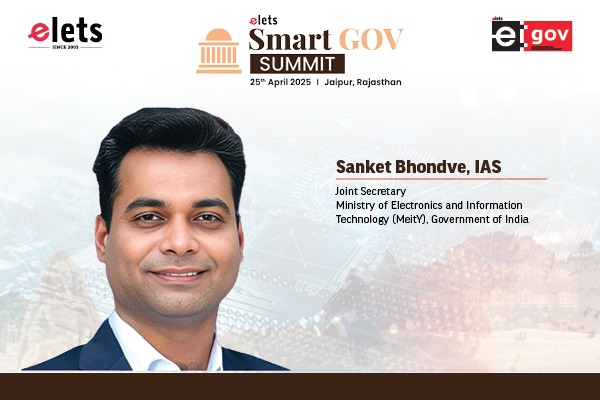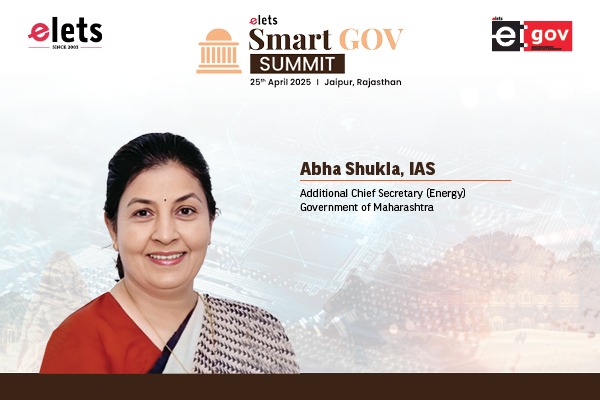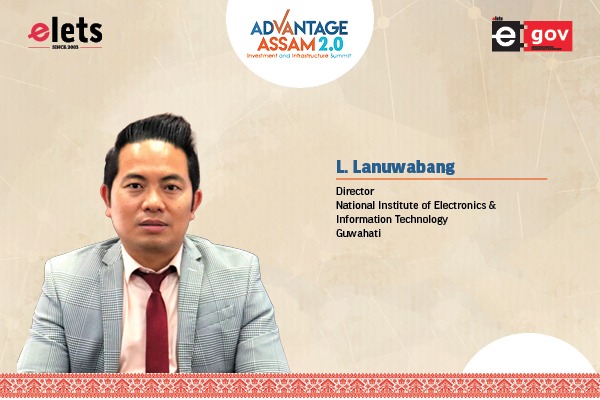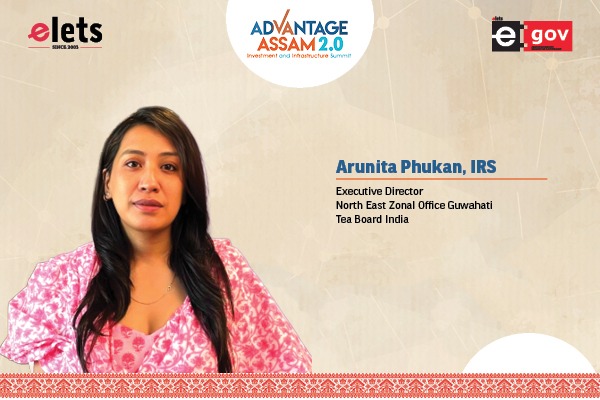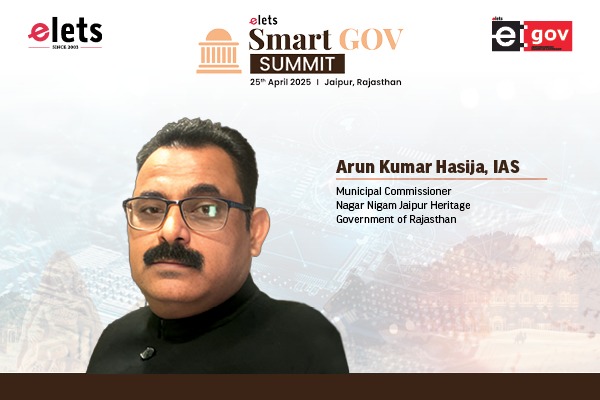
The Right to Information Act, 2005 (No. 22 of 2005) enacted on 15th June 2005 is an Act to provide for setting out the practical regime of right to information for citizens to secure access to information under the control of public authorities, in order to promote transparency and accountability in the working of every public authority. The Act is enacted to primarily contain corruption and to hold Governments and their instrumentalities accountable to the governed
The Right to Information Act (RTI Act) in India (http://persmin.nic.in/RTI/WelcomeRTI.htm) became fully operational from 12th October 2005 (120th day of its enactment on 15th June 2005). Some provisions have come into force with immediate effect viz. obligations of public authorities [S.4(1)], designation of Public Information Officers and Assistant Public Information Officers[S.5(1) and 5(2)], constitution of Central Information Commission (S.12 and 13), constitution of State Information Commission (S.15 and 16), non-applicability of the Act to Intelligence and Security Organizations (S.24), and power to make rules to carry out the provisions of the Act (S.27 and 28). The Act extends to the whole of India except the State of Jammu and Kashmir [S.(12)].

The right to information includes an access to the information which is held by or under the control of any public authority and includes the right to inspect the work, document, records, taking notes, extracts or certified copies of documents/records and certified samples of the materials and obtaining information which is also stored in electronic form.
Right to Information Act, 2005

Lack of information denies people the opportunity to develop their potential to the fullest and realise the full range of their human rights. Individual personality, political and social identity and economic capability are all shaped by the information that is available to each person and to society at large. The practice of routinely holding information away from the public creates ‘subjects’ rather than ‘citizens’, and is a violation of their rights. This was recognised by the United Nations at its very inception in 1946, when the General Assembly resolved: “Freedom of Information is a fundamental human right and the touchstone for all freedoms to which the United Nations is consecrated”.
As per the Constitution of India, information means any material in any form including records, documents, memos, emails, opinions, advices, press releases, circulars, orders, logbooks, contracts, reports, papers, samples, models, data material held in any electronic form, and information relating to any private body which can be accessed by a public authority under any other law for the time being in force but does not include “file notings” [S.2(f) of the Constitution of India].
The Right to Information includes the right to inspect works, documents, records; take notes, extracts or certified copies of documents or records; take certified samples of material; and obtain information in form of printouts, diskettes, floppies, tapes, video cassettes or in any other electronic mode or through printouts.[S.2(j)]
Information exempted from disclosure
The Right to Information Act, 2005, under Sections 8 and 9 exempt certain categories of information from disclosures. These include:
• Information, disclosure of which would prejudicially affect the sovereignty and integrity of India, the security, strategic, scientific or economic interests of the State, relation with foreign State or lead to incitement of an offence
• Information, which has been expressly forbidden to be published by any court of law or tribunal or the disclosure of which may constitute contempt of court
• Information, the disclosure of which would cause a breach of privilege of Parliament or the State Legislature
• Information including commercial confidence, trade secrets or intellectual property, the disclosure of which would harm the competitive position of a third party, unless the competent authority is satisfied that larger public interest warrants the disclosure of such information
• Information available to a person in his fiduciary relationship, unless the competent authority is satisfied that the larger public interest warrants the disclosure of such information
• Information received in confidence from foreign Government; information, the disclosure of which would endanger the life or physical safety of any person or identify the source of information or assistance given in confidence for law enforcement or security purposes
• Information which would impede the process of investigation or apprehension or prosecution of offenders
• Cabinet papers including records of deliberations of the Council of Ministers, Secretaries and other officers
• Information, which relates to personal information the disclosure of which has no relationship to any public activity or interest, or which, would cause unwarranted invasion of the privacy of the individual
Request for Information
Any citizen can request for information by making an application in writing or through electronic means in English/Hindi/official language of the areas, in which the application is being made together with the prescribed fees.
Delivery of Information
A request for obtaining information under Section 6(1) of the Act needs to be accompanied by an application fee of Rs.10 by way of cash against proper receipt or by DD or bankers’ cheque.
The awareness about the provisions of the RTI Act amongst officers is poor at the lower rungs of the administrative ladder, at the block and panchayat levels. Fee structure notified by various governments has no uniformity across the country
As per the Right to Information (Regulation of Fee and Cost) Rules, 2005, the public authority shall charge:
• Rs.2/- for each page (in A-4 or A-3 size paper) created or copied
• Actual charge or cost price of a copy in larger size paper
• Actual cost or price for samples or models
• For inspection of records, no fee for the first hour; and a fee of rupees five for each subsequent hour (or fraction thereof) Further, to provide information under Section 7(5) of the Right to Information Act, 2005, the public authority shall charge:
• Rs. 50/- per diskette or floppy
• For information provided in printed form at the price fixed for such publication or Rs. 2/- per page of photocopy for extracts from the publication

Authority delivering Information
Any public authority would designate Central Asst. Public Information Officer (CAPIO) at various levels, who will receive the requests for information from the public and necessary number of Central Public Information Officers (CPIO) in all administrative units/office who will arrange for providing necessary information to the public as permitted under the law. The public authorities are also required to designate authority senior in rank to CPIO, as Appellate Authorities, who will entertain and dispose off appeals against the decision of the CPIO as required under the Act. Any person who does not receive the decision from CPIO either by way of information or rejection within the time frame, may within 30 days from the expiry of period prescribed for furnishing the information or 30 days from the date of receipt of the decisions, may appeal to the Appellate Authority.
Role of Central Public Information Officers (CPIO)
The CPIO will receive the application/request for information under the Act and process the request for providing the information and dispose of the same, either by providing the information or rejecting the request, within a period of 30 days from the date of receipt of request.
Gaps in the Right to Information Act
The Right to Information has its fundamental limitation with respect to the fact that there are areas of information that should remain protected in public and national interest. There are also certain gaps in implementation of the RTI Act. Till date, Information Commissions (mandated by the Act) have been set up in 22 of the 28 States only. Requesters are thereby deprived of the statutory complaints and second appellate mechanism in these states to deal with unreasonable action of Public Information Officers and public authorities. The awareness about the provisions of the RTI Act amongst officers is poor at the lower rungs of the administrative ladder, at the block and panchayat levels. Fee structure notified by various governments has no uniformity across the country. The Act does not empower any public authority or Information Commission to collect fees for considering appeals from citizens.
The Act and the subsequent Rules do not specify a time limit for Information Commissions to dispose of appeals and complaints (Source: Report of the National Conference on the Working of the Right to Information Act, CHRI and ISI, 2005).
The Right to Information Act is often seen as the magic pill that will be the panacea for all our ills. But unless it is preceded by technology enabled knowledge systems, mandated disclosure and structured citizen participation, it will be a damp squib. The gap between what the state knows and what the people are told is the root of repression, corruption and inequity. It is this complete opacity that allows those who have subverted the state to use it for their own ends. Eliminating this asymmetry and setting the foundation for an open democracy is what will truly empower India.
Be a part of Elets Collaborative Initiatives. Join Us for Upcoming Events and explore business opportunities. Like us on Facebook , connect with us on LinkedIn and follow us on Twitter, Instagram.
"Exciting news! Elets technomedia is now on WhatsApp Channels Subscribe today by clicking the link and stay updated with the latest insights!" Click here!





